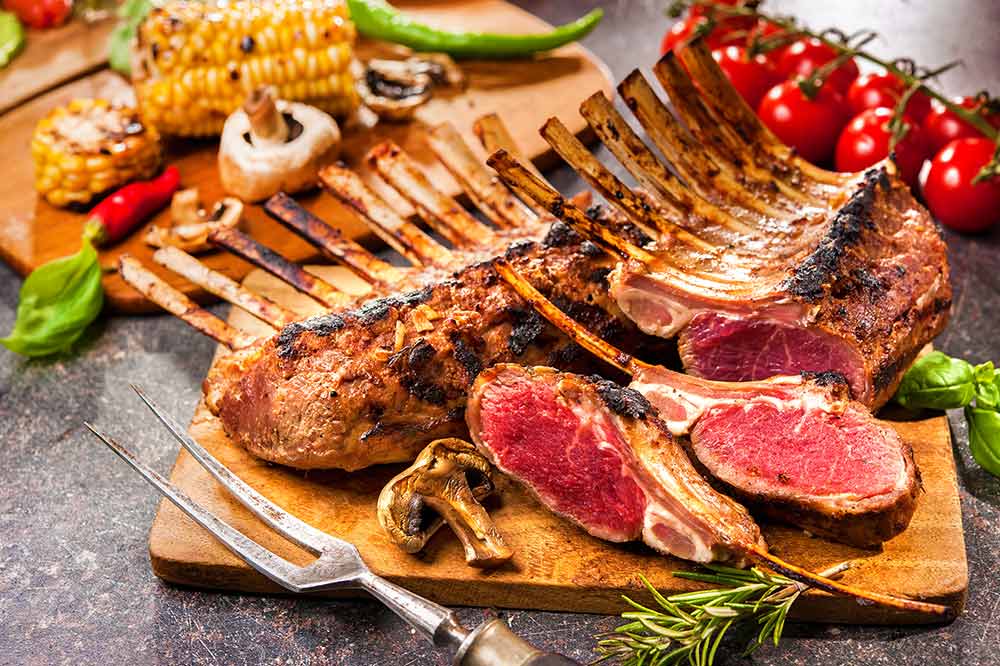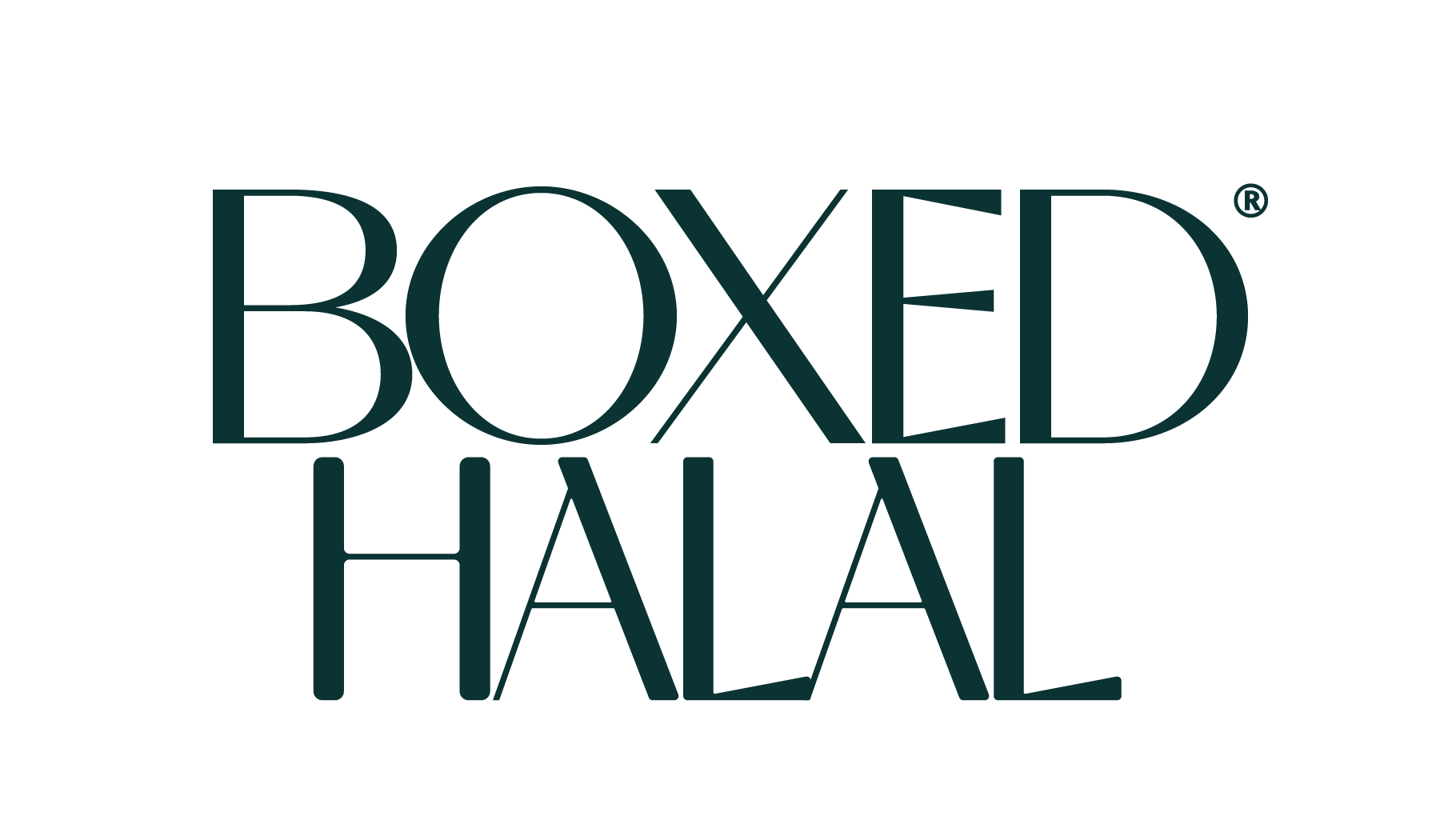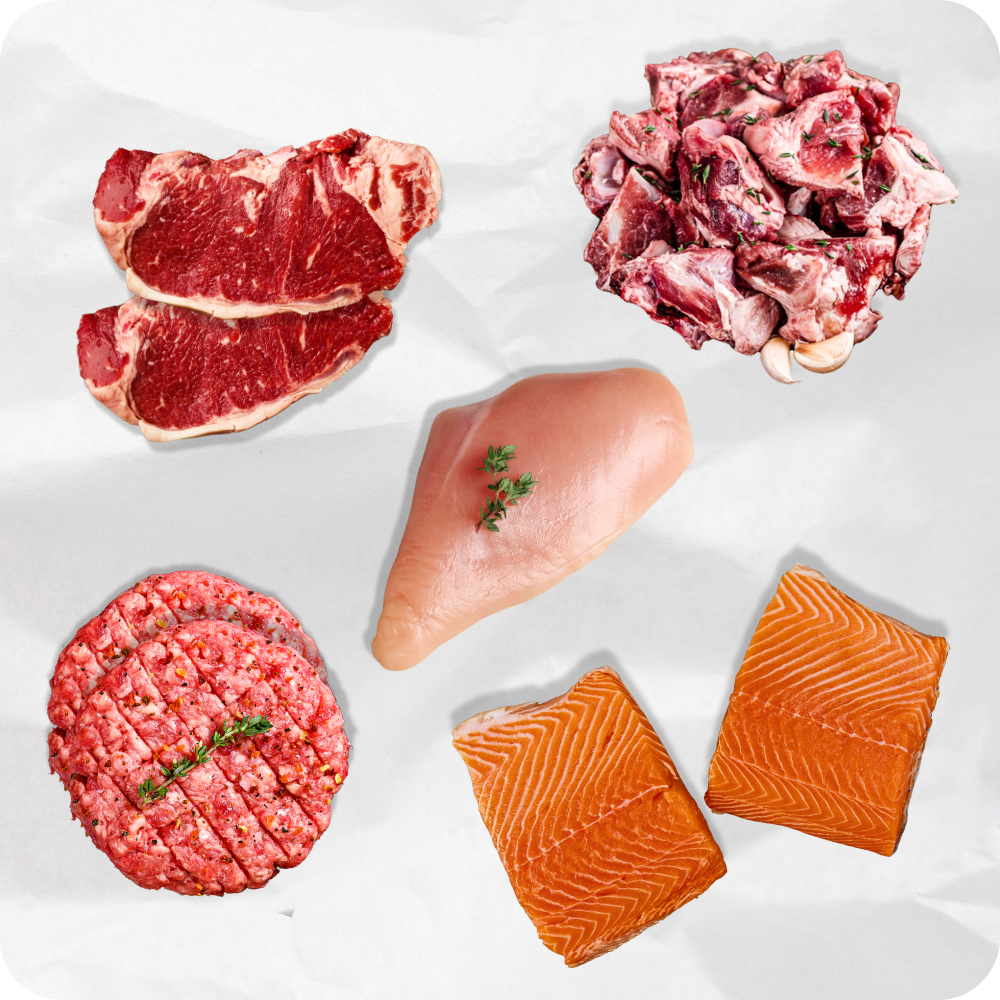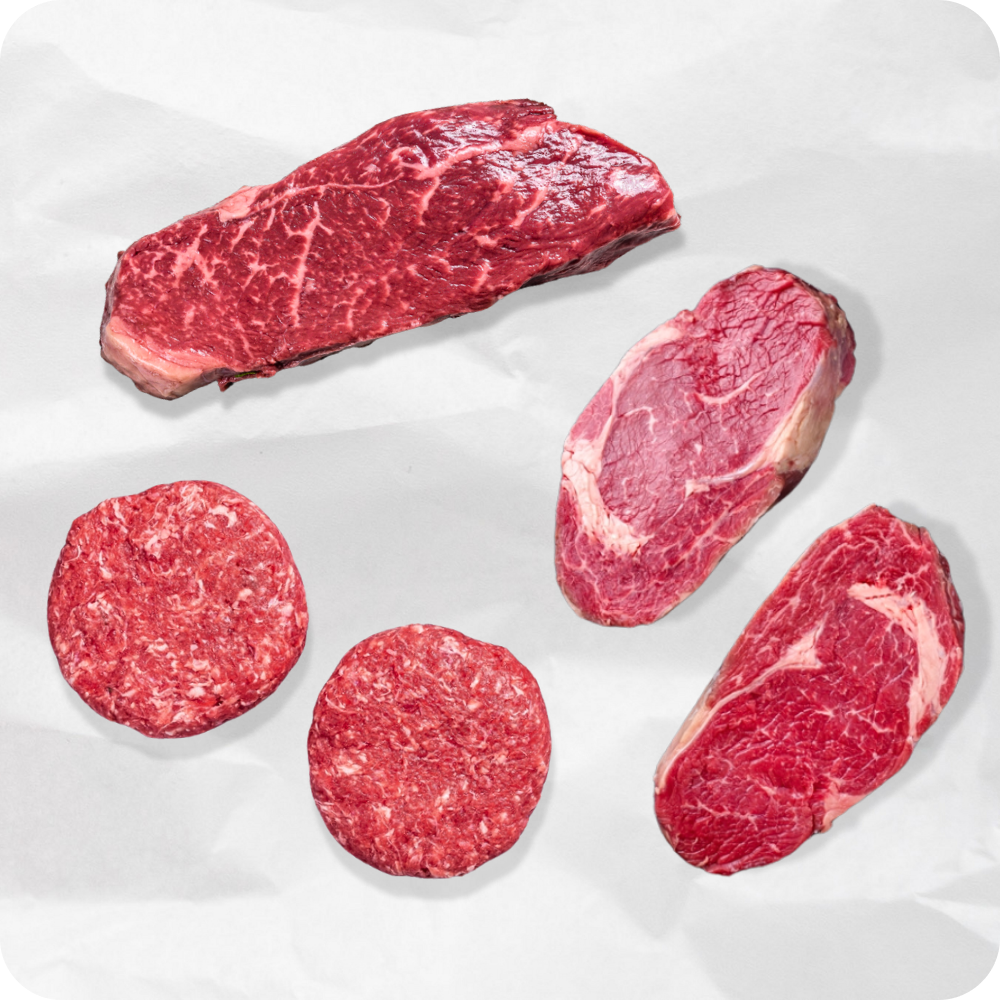You must have heard the terms ‘Halal’ and ‘Haram’ at some stage of your life. But did you know what these terms actually mean and why you should prefer Halal meat over Haram alternatives? Here’s a breakdown of what these terms actually mean and why you should eat Halal meat even if you’re a non-Muslim.
What is Halal Meat?
The word ‘Halal’ is an Arabic word which means ‘permissible’. Noticeably, this word doesn’t just refer to food that is lawful and permissible for Muslims to eat but also includes everything allowed in a Muslim’s life. The opposite of ‘Halal’ is ‘Haram’ which means ‘forbidden’ or unlawful. While Islamic faith strictly restricts Muslims to adhere to Halal food, it is also preferred by many non-Muslims because of the benefits that come handy with the process of Zabiha.
What is the Difference between Halal and Non-Halal Meat?
You might have wondered what Halal meat is, after all, it looks exactly the same as meat acquired from other traditional procedures. The answer is that it entirely depends on the way the animal is raised and killed. Halal meat is basically the flesh of the animal acquired by following the slaughtering procedure mentioned in the Quran and Hadeeth. This process is believed to cause the least amount of pain to animals and must be performed by an adult with respect and compassion.

What are some of the Requirements for a Product to be Considered Halal?
Halal is a broad term that incorporates more than just meat. For the meat to be considered Halal, the farmer must opt for pure and clean farming habits and raise an animal in accordance with Islamic guidelines. The animal must be fed and treated well and should be sacrificed with an open heart and dignity.
The kind of food and treatment are given to an animal plays a crucial role. Ideally, the animal that is meant to be sacrificed must not be mistreated or abused. They should be kept at the place which is well-ventilated and allows for free and comfortable movement of animals. Also, they should be fed clean and fresh feed and water that is suitable and healthy for them.
The Halal slaughtering procedure also encompasses numerous important aspects. For instance, the Zabiha should never be done in front of any other animal. One should use a sharp knife to expedite the process and lower down the pain suffered by the animal. Since blood is the major source of toxins and bacteria, it must be fully drained from the animal after the slaughtering procedure is done. All of these steps contribute to making Halal meat very healthy and beneficial. Also, the final cooking result is tender and delicious. Treating our bodies with toxin-free healthy meat is not something desired by the Muslim community only, but it’s a desire and common right of overall humanity.

Types of Halal and Haram Food
The general belief is that everything that is not forbidden is Halal. Here are some of the food types that are considered to be Halal:
- Meat slaughtered by following a particular ‘Zabiha’ method
- Fish and other sea creatures that don’t need slaughtering
- Fruits, vegetables, and grains
- Dairy products
Similarly, some of the foods that are considered unlawful or forbidden in Islam are:
- Meat that is not slaughtered following the Islamic Zabiha procedure
- Alcohol or its byproducts
- Pork or its byproducts
- The meat of animals/birds that eat the flesh of other animals
- Animals not slaughtered in the name of Allah
Who Eats Halal Food?
The way Halal meat is acquired makes it one of the healthiest and wholesome food options that will keep you safe from diseases. Consuming Halal food on a regular basis also guarantees a strong immunity system and also helps your organs function smoothly. Since, Halal food is free from alcohol, impurities, and other toxins, it enhances your body’s defense system and keeps you fit and healthy. Because of these reasons, Halal food not only is popular amongst the Muslim community, but it is also preferred by non-Muslims who prefer to achieve excellent health and wellbeing. Some of the users of Halal meat include:
Muslim Community
It’s no surprise that Muslims all around the world eat only Halal food and meat. That is not just because they’re restricted by Islamic laws to eat only Halal food, but also because they want to make sure that the food they’re consuming is healthy and safe to eat. There are thousands of Halal restaurants and stores all over the world that practices safe and sound zabiha practices and only acquire animals from farms that follow ethical farming practices.
People with Certain Dietary Restrictions
People who’re sensitive about their health and wellbeing generally prefer investing in Halal meat as it is said to be more healthy and germs-free. Since the traditional Zabiha method requires complete blood drainage, Halal meat tends to be free from impurities and disease-causing bacteria. That is perhaps one of the biggest reasons why people with certain dietary restrictions generally opt for Halal food to stay healthy and fit.

Individuals who’re Sensitive about Inhumane Slaughtering Procedures
Apart from health and religious preferences, many people feel disgusted with non-Halal slaughtering practices. Since Islamic way of slaughtering animals is all about the safe and hygienic upbringing of animals and also involves ethical slaughtering practices, it is favored by many non-Muslims who’re just too sensitive and touchy about inhumane slaughtering techniques.
People Who Prefer Taste Over Anything Else
Halal meat tastes better and delicious than non-Halal meat. Since it contains no blood traces, it is generally free from unpleasant odor and rancid taste. Hence, people who’re really looking to make their meat taste better generally opt for Halal meat instead of non-Halal options.
Consuming anything that is Haram knowingly is a big sin and Muslims should definitely pay attention to checking labels before using any product. Even if you’re a non-Muslim, you can always invest in Halal meat to stay healthy and safe.
Looking for a Halal meat shop near you?
Boxed Halal delivers fresh Zabihah Halal meat directly to your doorstep. Place your order today!
Visit us on
Instagram for recipe inspiration!






